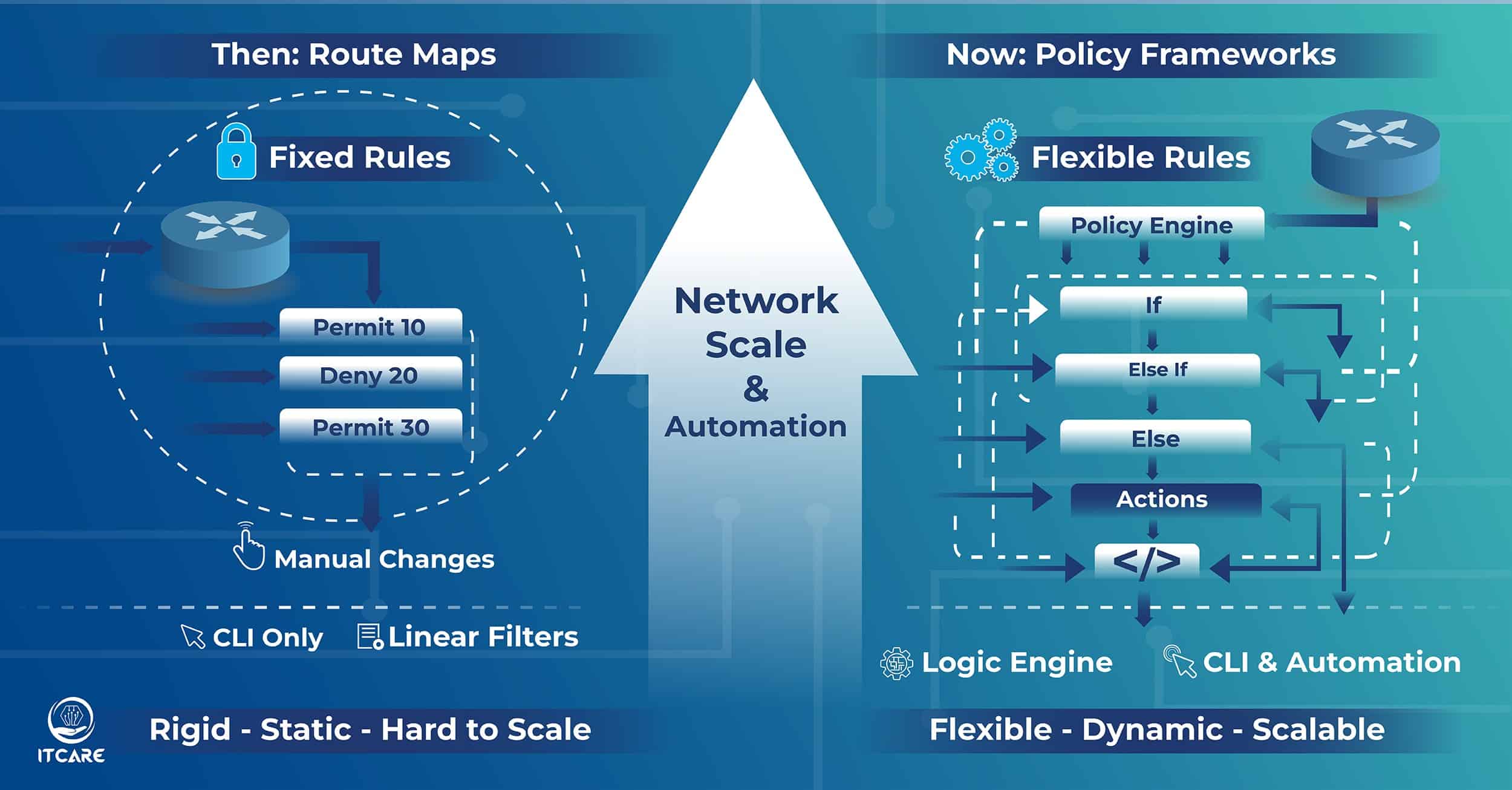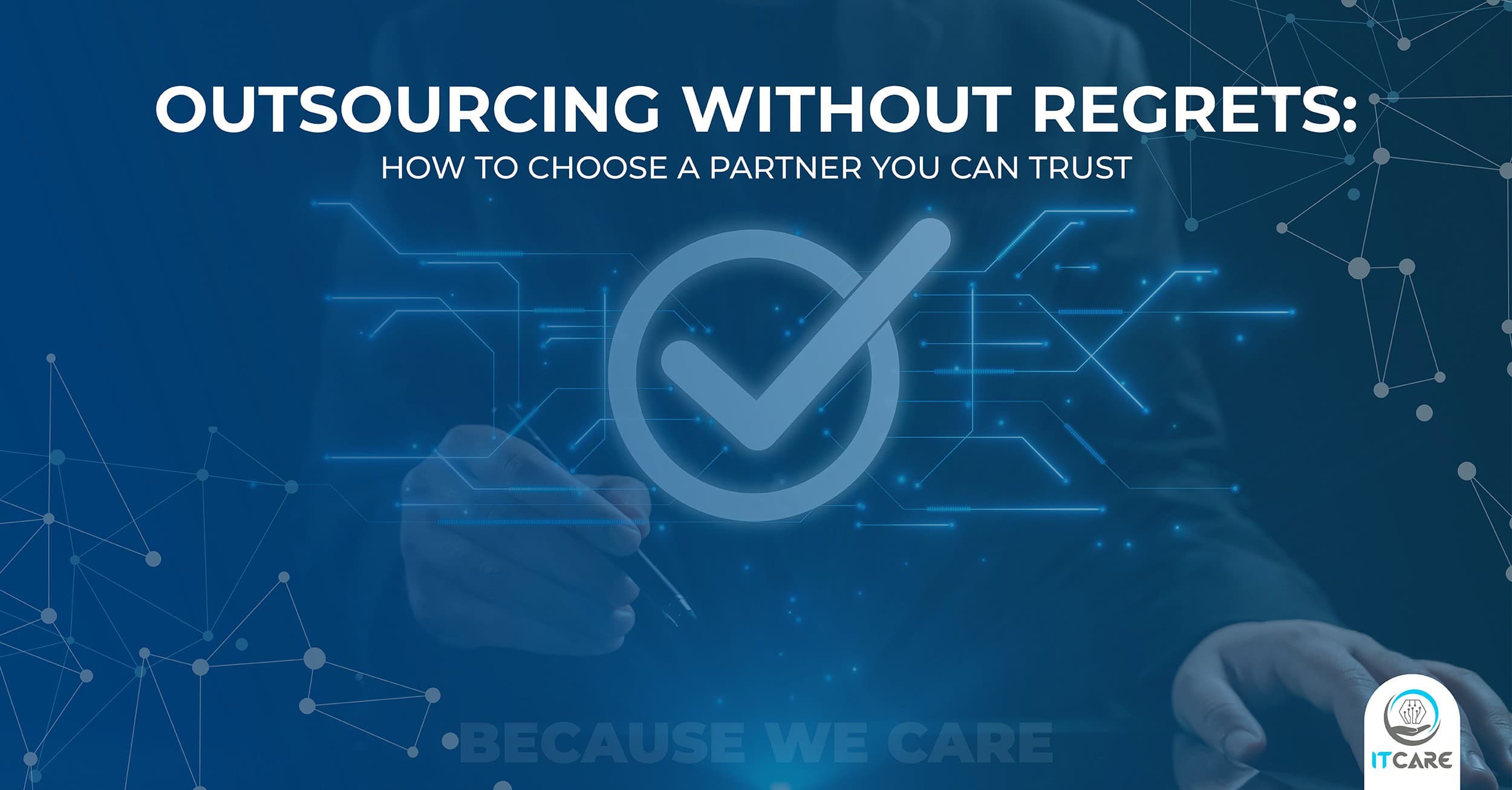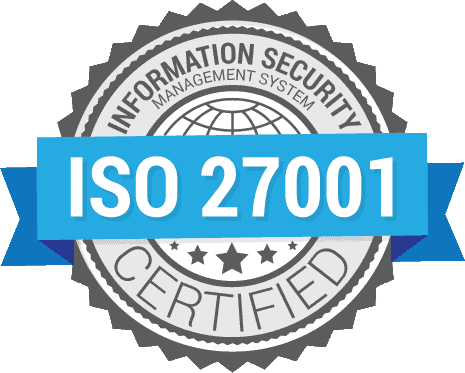How to Choose the Right Cloud Managed Services Provider for Your Business
Adopting cloud services is redefining the way organizations manage technology. Companies are looking for team mobility, cost flexibility, and quick responses to market changes. More and more managers are choosing to outsource the management of their cloud infrastructure to simplify processes and ensure business continuity. However, selecting a cloud managed services provider is never a routine decision. The right partner helps your business evolve with confidence, while a rushed choice can create security issues, data loss, or unexpected costs. This guide provides concrete steps to identify and select the provider that best matches your company’s specific requirements.
What Defines a Cloud Managed Services Provider
A cloud managed services provider (MSP) manages your cloud infrastructure and offers services such as continuous monitoring, automated backup, disaster recovery, resource optimization, and direct technical support. This approach is very different from the traditional “break-fix” IT support model, where action is taken only when something breaks. MSPs act proactively to ensure the stable and secure functioning of systems.
Companies like ITcare focus on strategic consulting and support the implementation of cloud services based on your business goals (details here). Firms no longer need to recruit internal teams to manage AWS or Azure. An experienced MSP takes over complete management and can integrate multi-cloud services or solutions for compatibility with your existing systems.
Step 1: Analyze Your Business Requirements
Before contacting potential providers, clarify what you expect from the partnership. This analysis helps you avoid offers that don’t address your company’s real needs or that include unnecessary features in the long run.
Organization size and application complexity: A startup with 20 employees has different needs compared to a global business with hundreds of users.
Data volume and sensitivity: Financial or healthcare companies work with information requiring extra protection.
Applicable regulations and standards: Check if there are legal requirements regarding data localization or encryption.
Growth plans: Think mid-term. Will your company grow rapidly? Then you need an MSP that can scale resources seamlessly.
You can consult cloud consulting services for a professional audit and examples of clarifying internal needs. More practical explanations can also be found in the dedicated article on the role of the cloud consultant.
Step 2: Select Relevant Evaluation Criteria
When comparing MSP providers, establish a clear list of criteria. These criteria make the difference between a beneficial collaboration and long-term issues.
Provider reputation and financial stability
Look for firms with proven track records, completed projects, and real reviews. A stable company won’t disappear overnight and will invest consistently in technology.Service range and technical compatibility
Check if they offer exactly what you need: from Azure support (dedicated Azure support) or AWS (AWS architecture) to network management. If you need full migration, ask for references of recent successful projects.Pricing model and cost transparency
Request a clear cost breakdown and details for exceptional cases — extensions, upgrades, or downtime. A common example: an MSP proposes a fixed monthly subscription but charges extra for advanced configurations.Performance, availability, and SLAs (Service Level Agreements)
Prioritize providers that guarantee uptime (e.g., 99.9%) and clearly describe recovery procedures for incidents. Carefully read SLAs to understand exactly what to expect.Security and compliance adherence
Ask directly about certifications such as ISO 27001 or GDPR. A company managing hospital applications requires a different level of protection than a small online shop.Integration with existing systems
Ask for practical examples. For instance, a company with on-premises applications and existing data needs an MSP that ensures a smooth transition without disruptions.Multi-cloud support and vendor lock-in avoidance
Choose firms that support open standards and provide a transparent exit plan.Adaptability to new requirements and feedback
Request examples of how they reacted to rapid changes. A concrete case: a logistics company changed its workflow, and the MSP adapted its cloud infrastructure in under 48 hours.Quality of communication and long-term involvement
The technical partnership is ongoing. Check if the provider holds regular meetings, sends periodic reports, and offers quick access to consulting.
You’ll find more details on the benefits and real results of outsourcing on the ITcare blog.
Step 3: Compare and Test Providers

Follow these steps to reduce the risk of a wrong decision:
Build an evaluation matrix
Score all providers against the same criteria and weigh them according to importance for your business.Request offers and schedule demos
Invite providers to discussions to observe their attitude and how they respond to specific questions. During meetings, note any limitations, terms applied, and what happens if a major security incident occurs.Test proposed services at a small scale
Request a pilot project. Monitor system performance, support quality, and problem resolution times.Involve all key stakeholders
Consult colleagues in IT, legal, or finance. This avoids integration errors or unclear responsibilities.
During the process, don’t hesitate to ask concrete questions such as: “How does the provider’s team handle rapid infrastructure expansion?” or “How quickly do they recover data in case of a major incident?”
Step 4: Finalize Collaboration and Optimize the Relationship
Negotiate the contract and SLA details
Ensure all promised features are included in the agreement and establish clear penalties for failure to meet deadlines or performance targets.Monitor collaboration and provide ongoing feedback
Schedule periodic meetings, track performance indicators, and request progress reports. If new needs arise, communicate quickly and request concrete actions.Update plans and processes regularly
Request periodic audits and review backup and recovery plans. A flexible strategy helps you adapt to new security requirements or emerging technologies.
Take the time to fully understand what each MSP brings to the partnership beyond their offer. Leverage cloud management services, specialized consulting, and support for platforms such as AWS or Azure. Make sure you maintain a partnership based on open communication and constant adjustments. An informed choice brings not only data security but also long-term competitive advantage. Explore dedicated guides and articles to familiarize yourself with current solutions and recommendations from experienced firms.







